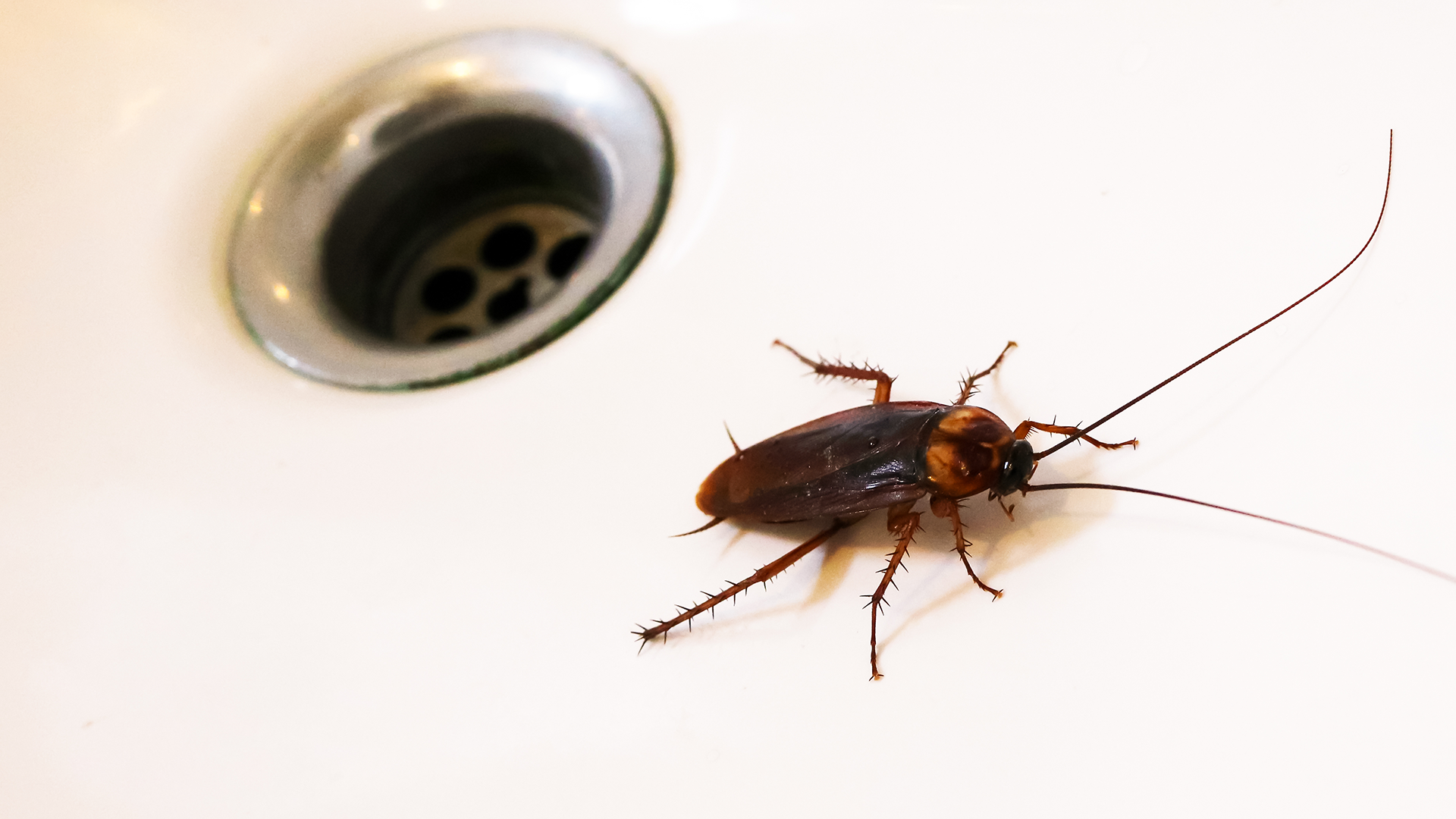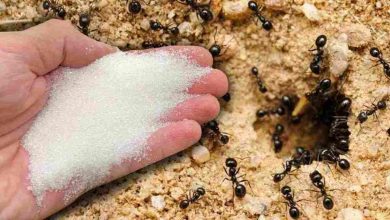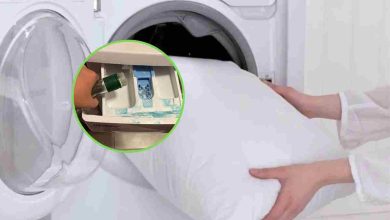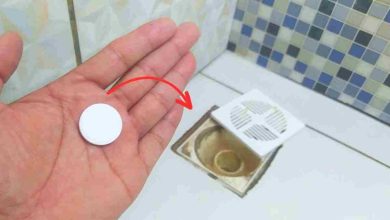Keeping Your Bathroom Bug-Free: 5 Prevention Strategies

When it comes to maintaining a clean and hygienic home, the bathroom is one area that requires special attention. Apart from the regular cleaning routines, it’s important to be proactive in preventing bug infestations in your bathroom. Bathroom bugs can be unsightly and, in some cases, pose health risks. In this article, we will explore five effective prevention strategies to help you keep your bathroom bug-free.
Understanding Common Bathroom Bugs
Types of Bathroom Bugs
Bathroom bugs can come in various forms, ranging from tiny insects to larger pests. Some common bathroom bugs include silverfish, cockroaches, ants, drain flies, and spiders. Each of these pests has unique characteristics and habits, making it crucial to understand them to effectively prevent their infestations.
Common Causes of Bathroom Infestations
Bathroom bugs are attracted to environments that provide them with the necessary conditions for survival. The primary causes of bathroom infestations include moisture and dampness, inadequate ventilation, food debris, and easy access points through cracks or gaps in walls, floors, or fixtures. By addressing these underlying causes, you can significantly reduce the risk of bug infestations.
Prevention Strategies for a Bug-Free Bathroom
Maintaining Cleanliness and Hygiene
Regular Cleaning Routine: Establishing a regular cleaning routine is vital to prevent bug infestations. Clean the bathroom thoroughly at least once a week, focusing on areas prone to moisture and dirt accumulation. Pay close attention to corners, crevices, drains, and under the sink.
Proper Ventilation: Ensure your bathroom has adequate ventilation. Open windows or use exhaust fans to remove excess humidity and prevent moisture buildup. This discourages bugs from thriving in damp conditions.
Sealing Cracks and Crevices: Inspect your bathroom for any cracks or crevices that bugs can use as entry points. Seal them using caulk or appropriate sealants to eliminate potential access routes.
Eliminating Moisture and Dampness
Fixing Leaks and Plumbing Issues: Leaks in pipes, faucets, or toilets can create a damp environment, attracting bugs. Regularly inspect and fix any plumbing issues to maintain a dry bathroom.
Wiping Down Surfaces: After each use, wipe down bathroom surfaces, including sinks, countertops, and showers, to remove water and prevent moisture accumulation. This practice discourages bugs from finding suitable breeding grounds.
Using Exhaust Fans: Run the bathroom exhaust fan during and after showers to reduce humidity levels. Proper ventilation helps to minimize moisture, making the bathroom less appealing to bugs.
Organizing and Storing Items Properly
Decluttering and Minimizing Clutter: Cluttered spaces provide hiding spots for bugs. Regularly declutter your bathroom, keeping only essential items visible. Store unnecessary items elsewhere to minimize potential bug habitats.
Securely Sealing Trash Containers: Bugs are attracted to food waste and organic matter. Use trash containers with tightly sealed lids to prevent bugs from accessing and feeding on the contents.
Storing Items in Airtight Containers: Keep toiletries, such as cotton balls, bath salts, or bath bombs, in airtight containers. This prevents bugs from infesting and contaminating these items.
Natural Remedies and Pest Control
Essential Oils and Natural Repellents: Certain essential oils, like lavender, peppermint, or tea tree oil, can act as natural bug repellents. Mix a few drops with water and spray in areas prone to infestations. Additionally, natural repellents like vinegar or lemon juice can be effective in deterring bugs.
Using Traps and Baits: Place sticky traps or baits strategically in areas where bugs are commonly found. These traps can help capture and control bug populations.
Seeking Professional Pest Control: If you have a severe or persistent bug problem, it’s advisable to seek professional pest control services. Pest control experts have the knowledge and tools to effectively eliminate bugs and prevent future infestations.
Maintaining a Bug-Free Bathroom
Regular Inspection and Maintenance
Perform regular inspections of your bathroom to catch any signs of bug activity early on. Look for droppings, shed skins, or visible bugs. Address any issues promptly to prevent infestations from escalating.
Educating Family Members
Ensure that all family members are aware of the prevention strategies and the importance of maintaining a bug-free bathroom. Encourage everyone to follow the recommended practices consistently.
A clean and bug-free bathroom is essential for maintaining a healthy and hygienic living environment. By implementing the prevention strategies outlined in this article, you can significantly reduce the risk of bug infestations. Remember to maintain cleanliness and hygiene, eliminate moisture and dampness, organize and store items properly, consider natural remedies and pest control options, and perform regular inspections. By adopting these strategies, you can enjoy a bug-free bathroom and promote a comfortable space for yourself and your family.
FAQs (Frequently Asked Questions)
1. Can bathroom bugs be harmful to human health?
While most bathroom bugs are not directly harmful, they can be unsightly and cause annoyance. However, some bugs like cockroaches and certain spiders can pose health risks by triggering allergies or transmitting diseases. It’s best to prevent their presence in your bathroom.
2. How often should I clean my bathroom to prevent bug infestations?
Regular cleaning of the bathroom at least once a week is recommended. However, if you notice any signs of bug activity or live in an area prone to infestations, more frequent cleaning may be necessary.
3. Are there any specific products I can use to repel bathroom bugs?
Yes, several natural products can help repel bathroom bugs. Essential oils like lavender, peppermint, or tea tree oil can act as natural bug repellents. Vinegar or lemon juice can also be effective in deterring bugs.
4. Should I seal off the bathroom drains to prevent bugs from entering?
Sealing off the bathroom drains can be an additional preventive measure to keep bugs from entering. You can use drain covers or screens to block their entry points.
5. What should I do if I discover a severe bug infestation in my bathroom?
If you encounter a severe bug infestation in your bathroom that you cannot handle on your own, it’s best to seek professional pest control services. They have the expertise to identify the pests, determine the extent of the infestation, and apply appropriate measures to eliminate the problem effectively.




